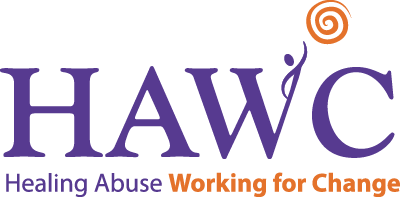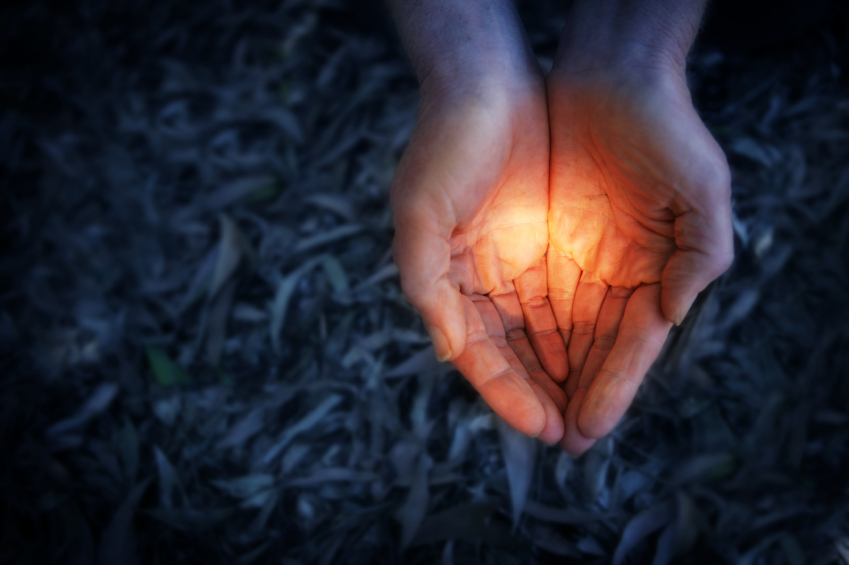In recognition of Sexual Assault Awareness Month, HAWC joins survivors and advocates in raising awareness around the pervasive issue of sexual violence.
As we end our Sexual Assault Awareness series for April, we pivot our attention towards healing. Recovery from sexual abuse may seem like a long and impossible journey. For years following the abuse, stigma and shame often inhibit a survivor’s access to help and resources, and any severe trauma can affect a survivor’s memories and behaviors. The impact of sexual violence is long-standing. However, with work, patience, and understanding, a fulfilling life free from violence and fear can be in your grasp.
To learn more about the healing process, or to reinforce the steps you’ve taken on your journey, consider the following steps towards recovery:
- Acknowledge your experience. Admitting that you’ve experienced sexual violence can be extremely difficult, especially if pervasive myths about sexual abuse have hindered your ability to recognize abuse or have led to stigma and shame about your experience. However, not addressing your trauma means not accessing the help and support you need. Over time, this repression effects the mind and body, which can result in changes in behavior, Post Traumatic Stress Disorder symptoms such as flashbacks and panic attacks, and social isolation. Understand and accept that your reactions and emotions are valid.
- Locate support. After acknowledging your experiences, talk to someone supportive, empathetic, and calm. By opening up about your experience, you reclaim your past and actively work on building trust again. If reaching out to someone you know feels overwhelming, consider talking to a professional therapist. If the sexual violence was perpetrated by an intimate partner or family member, consider calling HAWC’s 24-Hour domestic abuse hotline at 1-800-547-1649. You can also contact the YWCA Northeastern Massachusetts (formerly YWCA North Shore Rape Crisis Center) at 800-922-8772 or the National Sexual Assault Telephone Hotline (RAINN) at 800-656-HOPE.
- Restore your sense of self. Abuse centers around a desire for control. As a result, survivors often feel powerless and vulnerable. Rediscover your sense of self and reconnect with your body by engaging more completely in your community or your talents. Volunteer your time, hang out with friends, try out a new hobby, or start a new exercise regime. As you learn more about yourself, consider joining a support group or writing in a journal about your experiences: in this way, you may feel less isolated and alone.
- Prepare for fallbacks. Recovery is long and complicated—some days will feel considerably better than others. Be patient with yourself. Now that the threat of violence no longer looms, you might find that there are days where you are hypersensitive, unmotivated, or feeling particularly insecure. Prepare for these low moments by recognizing and anticipating potential triggers and paying attention to cues your body sends that signal stress. If you’re feeling tense, anxious, dizzy, or nauseous, give yourself a break. Learn about breath control, meditation, or grounding techniques to help you direct your attention back to the present.
- Communicate—with yourself and your partners. Once you feel prepared enough to step into an intimate relationship, become empowered in your communication. Uphold transparency by sharing your experiences and making your needs known. Work on trusting that your partner will be considerate and understanding. Remember: take things slowly in all realms of the relationship. With regards to sexual activity, explain that you may need time, patience, and gentility to feel fully comfortable. Over time, physical intimacy can become a means of deep connection and pleasure rather than a trigger for terror.
Know that your experiences do not define you or your future. While overcoming past trauma can feel overwhelming, healing is extremely possible. HAWC can help: to learn more about the recovery process and take the first step towards healing, call HAWC’s 24-Hour hotline or peruse HAWC’s website.
References
- “Recovery from Rape and Sexual Trauma.” Help Guide. Retrieved from: https://www.helpguide.org/articles/ptsd-trauma/recovering-from-rape-and-sexual-trauma.htm.
- Beckwith, Jo. (January 17, 2018). “Strategies that Helped My Build a Healthy Relationship After Sexual Assault.” The Greatist. Retrieved from: https://greatist.com/live/healthy-relationships-after-sexual-assault.
- Castleman, Michael. (September 15, 2016). “Childhood Sexual Abuse: Sexual Recovery is Possible.” Psychology Today. Retrieved from: https://www.psychologytoday.com/us/blog/all-about-sex/201609/childhood-sexual-abuse-sexual-recovery-is-possible.
- MacMillan, Hayley. (November 10, 2016). “15 Ways to Heal After Experiencing Sexual Assault, According to Professionals.” Cosmopolitan. Retrieved from: https://www.cosmopolitan.com/sex-love/a8272789/healing-after-sexual-assault/.


